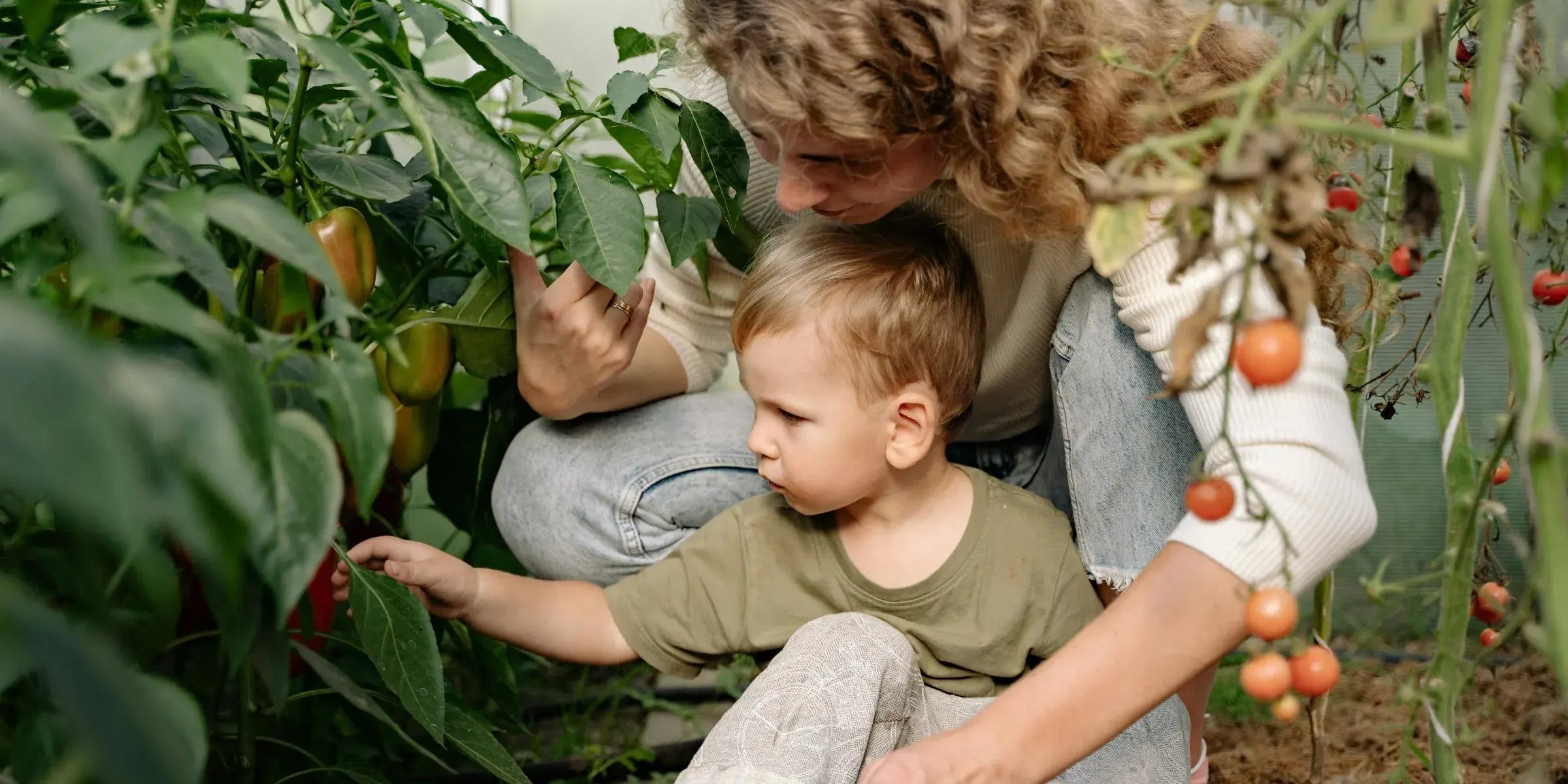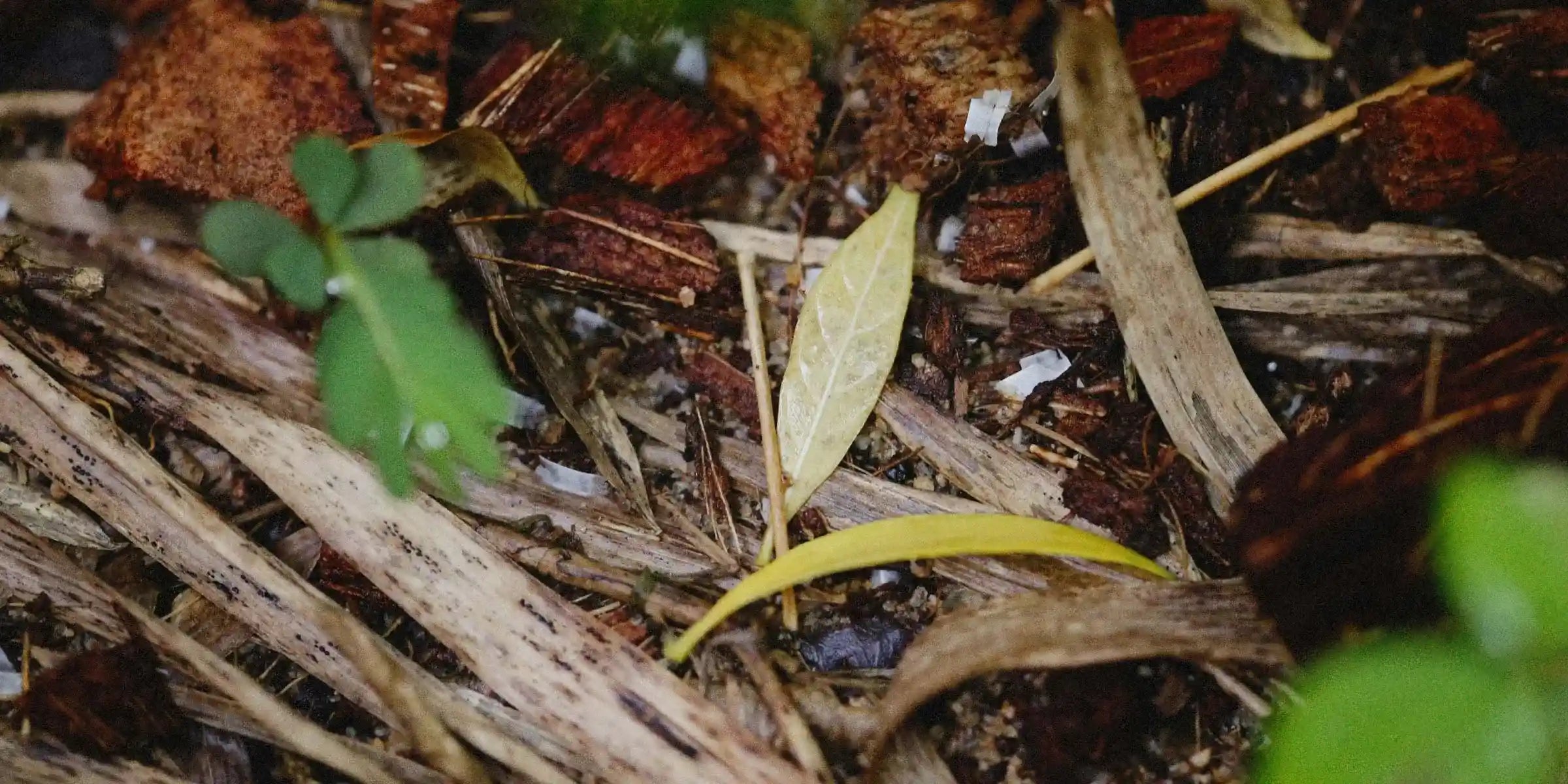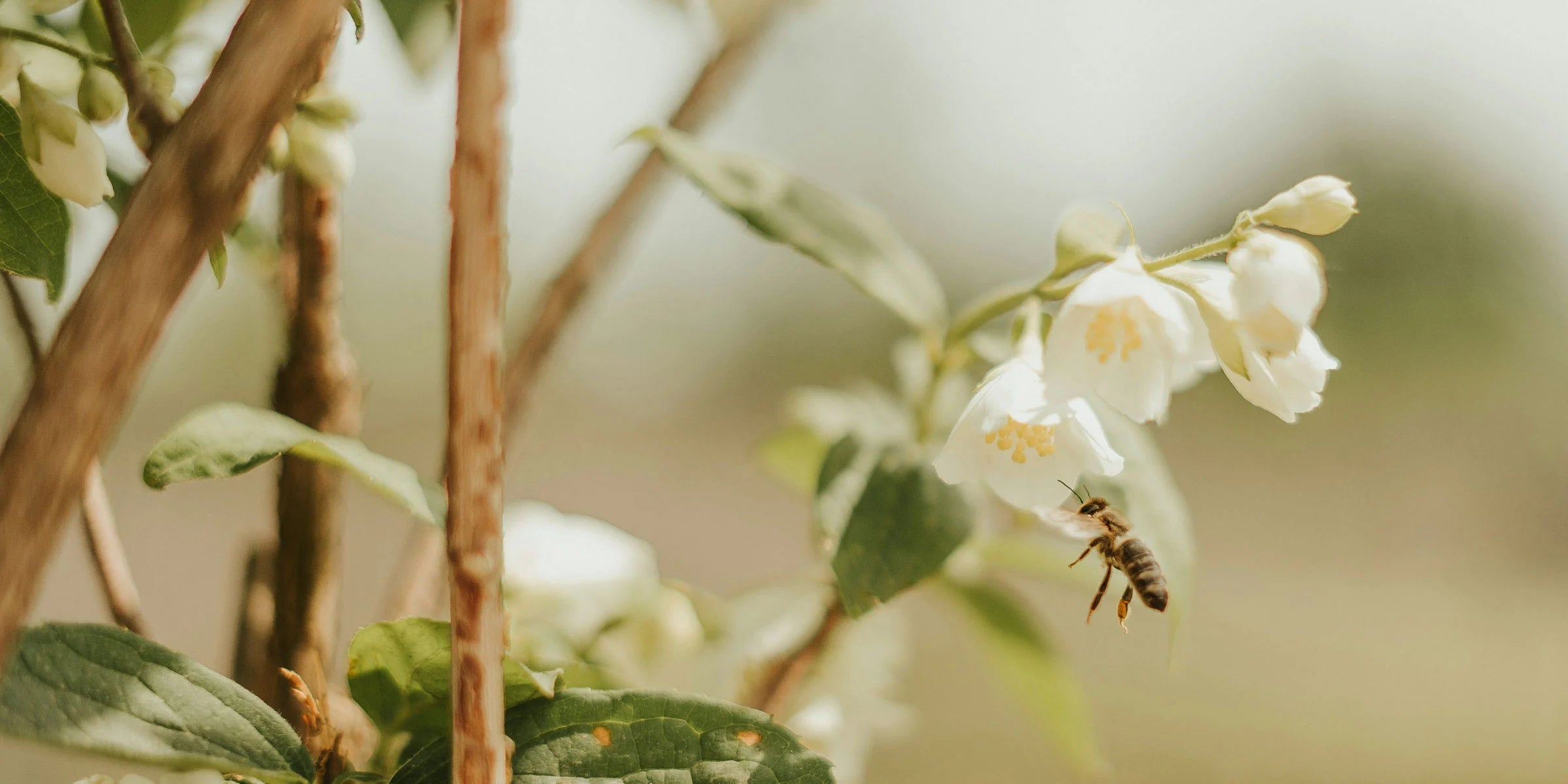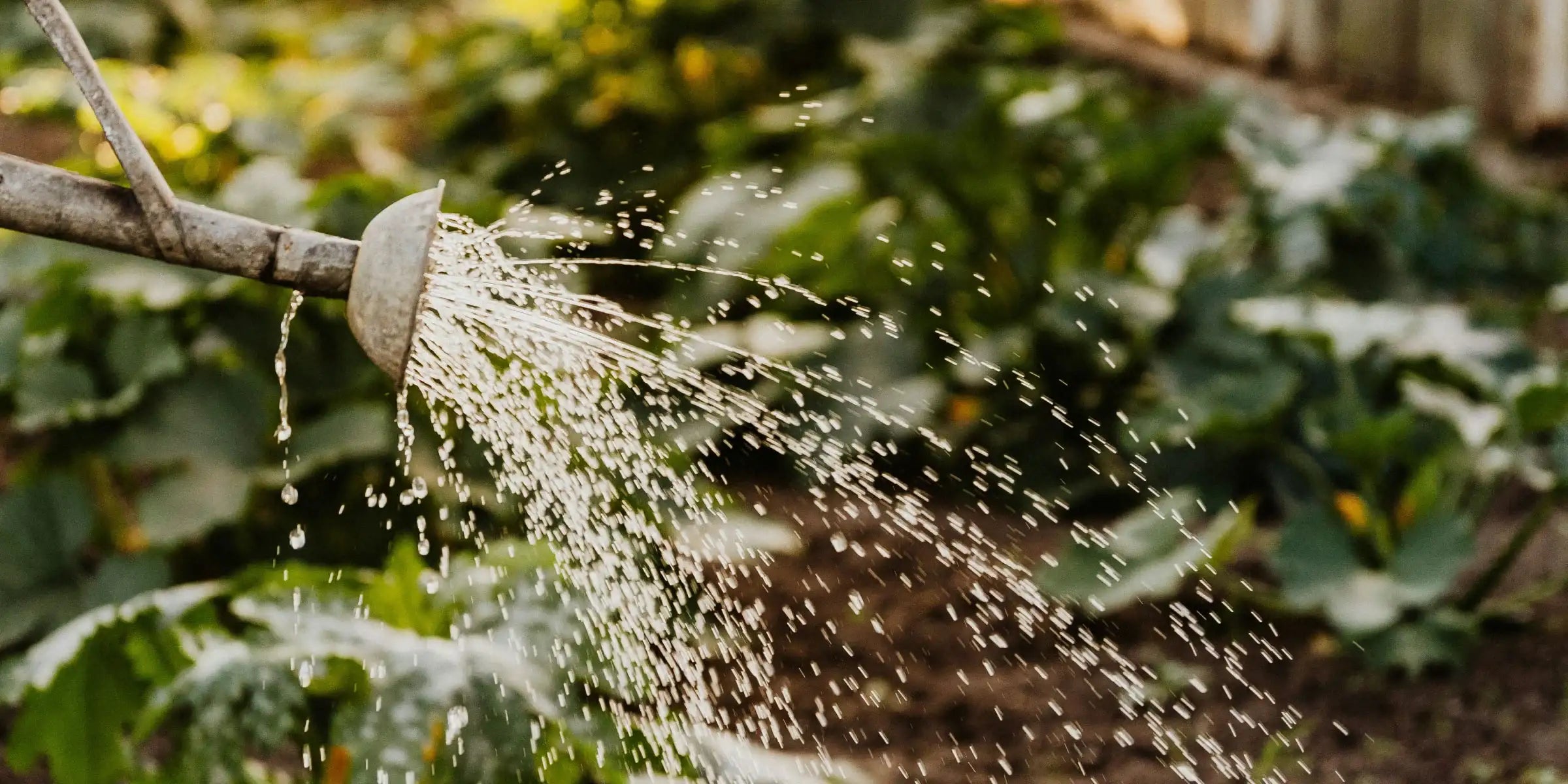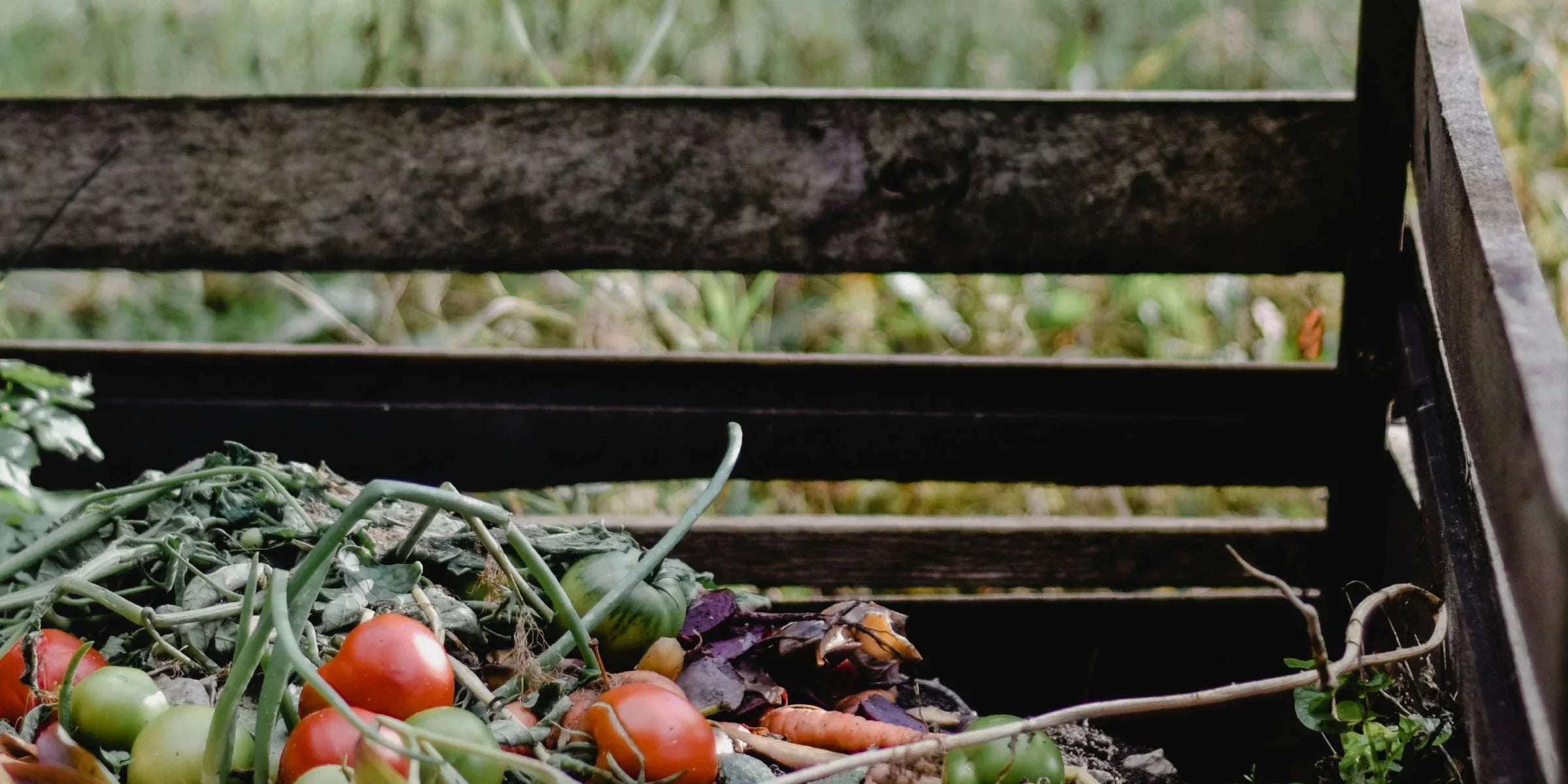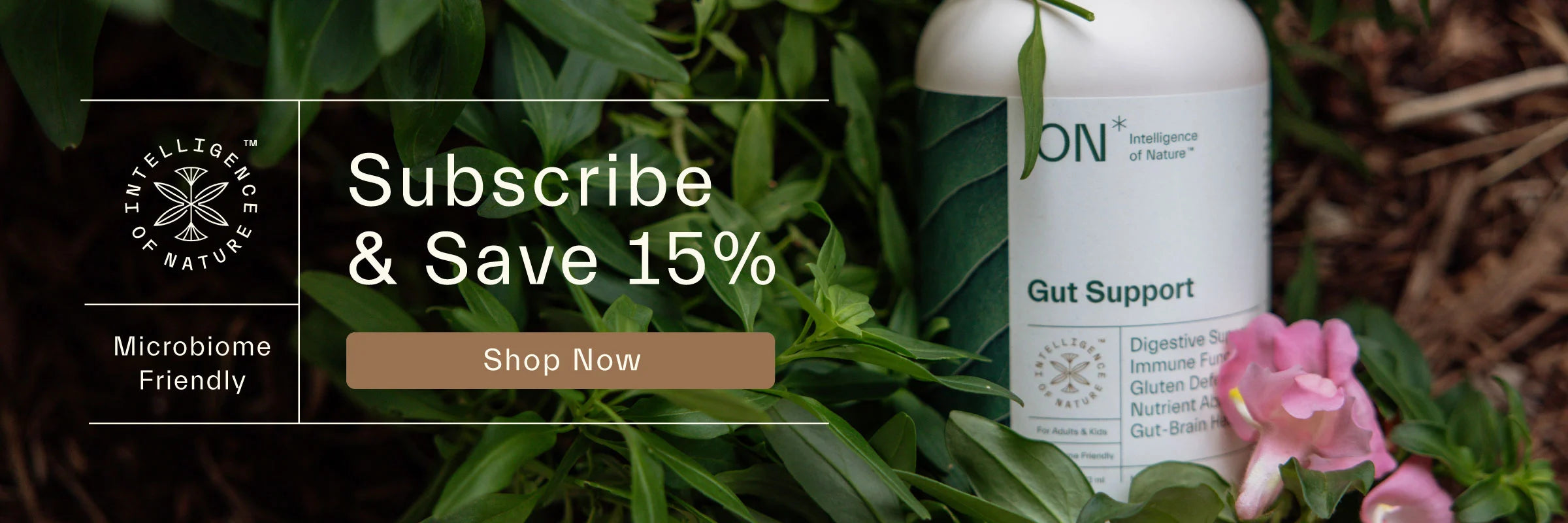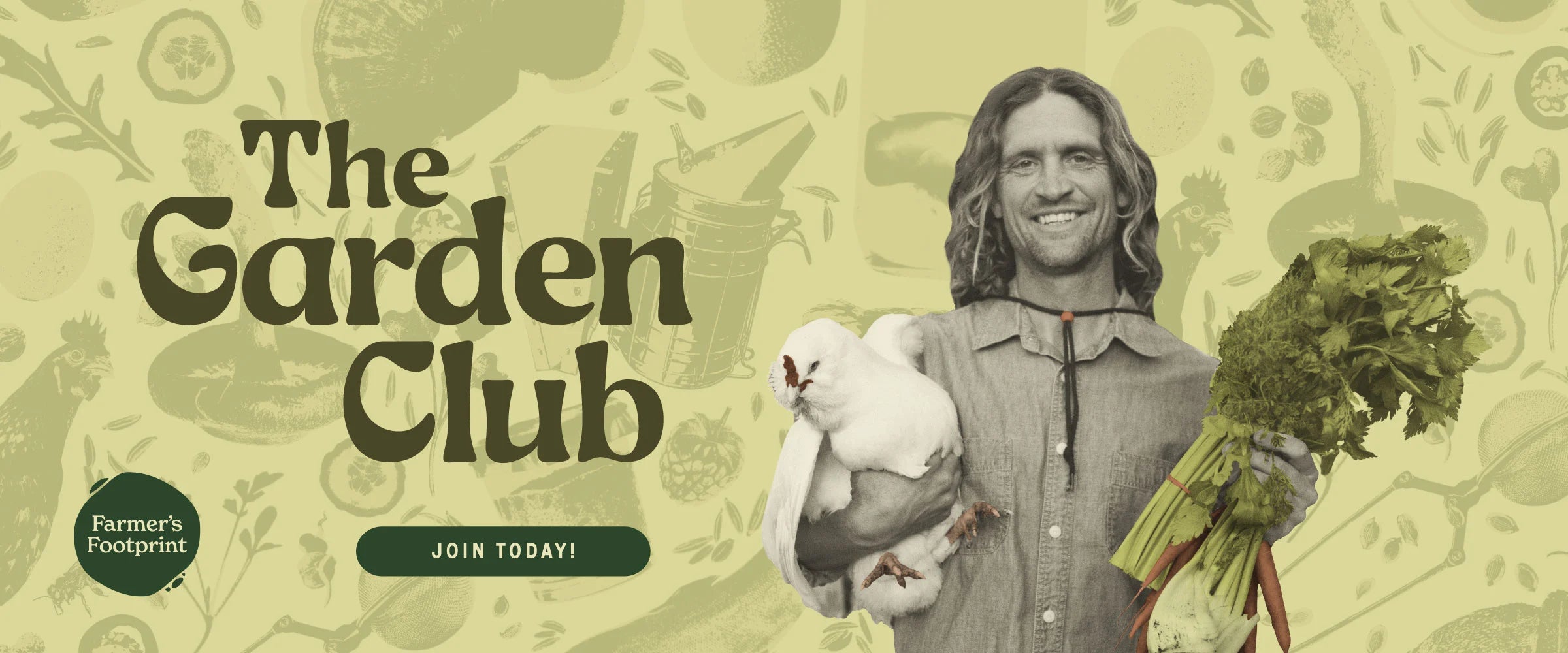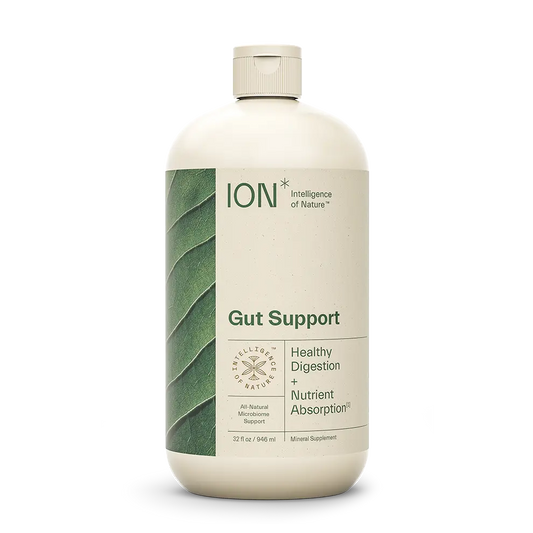Welcome, fellow garden enthusiasts, to the magical world of regenerative gardening! If you've been contemplating how to transform your personal health and backyard into a thriving oasis while also contributing positively to the environment, you're in the right place. In this guide, we'll walk you through the steps to kickstart your regenerative garden journey.
What is Regenerative Gardening?
Before diving in, let's understand what regenerative gardening is all about. Unlike conventional gardening methods that may deplete soil health and harm ecosystems using synthetic chemicals like glyphosate, the main ingredient in RoundUp, regenerative gardening focuses on nurturing the land, enhancing biodiversity, and seeing a growing space as potential for greater health of not only you and your family, but the entire community you are nested within. Regeneration encompasses all life. It's a holistic approach that mimics natural processes, aiming to create a self-sustaining ecosystem in your backyard.
Step 1: Assess Your Space
Take a stroll in your backyard (or even your porch - you can do this at any scale – big or small) and observe the environmental conditions. Note the amount of sunlight, shade, soil quality, and water availability. Understanding these factors will help you select suitable plants and design your garden layout accordingly. Remember, every space is unique, and embracing its natural characteristics is key to successful regenerative gardening. A garden can be a single seed planted in a pot in your windowsill, a raised bed, or planted directly in the ground. Just start at a size that feels manageable for you, trust the process, and grow from there.
Step 2: Build Healthy Soil
Healthy soil is the foundation of any regenerative garden. Start by composting kitchen scraps, yard waste, and any other organic materials you can collect. Compost adds essential nutrients to the soil, improves its structure, and promotes microbial activity. Additionally, consider incorporating cover crops like clover or vetch to protect the soil, prevent erosion, and fix nitrogen naturally. Tapping into in-person or online local gardening groups in your area will also give you additional context for the zone you are in and the best plants for your local space. Chances are, no matter where you are, there are some wisdom keepers in your own neighborhood that can help you and shorten the learning curve. Growing a garden is a community experience so we encourage you to plant with others, learn with others, harvest and break bread with others.
Step 3: Choose Native Plants
Selecting native plants is crucial for biodiversity and ecosystem resilience. Native plants are adapted to your region's climate, soil, and wildlife, making them low-maintenance and resilient to pests and diseases. They also provide food and habitat for local wildlife, such as pollinators and birds. Research native plant species indigenous to your area and incorporate them into your garden design.

Step 4: Embrace Diversity
In nature, diversity fosters resilience, and your garden is no exception. Introduce a variety of plants, including flowers, herbs, vegetables, shrubs, and trees. Diversity not only enhances aesthetic appeal but also supports a wide range of beneficial organisms, from soil microbes to beneficial insects. Consider companion planting to maximize space and promote natural pest control. One example is planting marigolds and tomatoes for pest control or the three sisters, a practice of indigenous peoples where you plant squash, beans and corn to nourish the soil, create a vibrant nutrient cycle and increases resilience.
Did you know that it’s important for your gut microbiome to be as diverse as your garden? ION* Gut Support doesn’t add anything to your body (like probiotics), instead, it supports your body’s innate ability to thrive by sealing cells in the gut lining. This helps with setting the stage for a diverse microbiome, and a healthy gut. ION* + your beautiful hands bathed in garden soil is a match made in heaven for diversifying your microbiome.
Step 5: Conserve Water
Water is a precious resource, especially in dry climates or during drought periods. Implement water-saving techniques such as mulching, drip irrigation, rainwater harvesting, and water-efficient plant selection. Mulching helps retain soil moisture, suppress weeds, and regulate soil temperature, while drip irrigation delivers water directly to plant roots, minimizing waste.
Step 6: Practice Sustainable Maintenance
Avoid chemical pesticides and synthetic fertilizers, as they can harm beneficial insects, soil microbes, nutrient density, and water quality. Instead, embrace organic pest management methods like hand-picking pests, attracting natural predators, and using homemade remedies such as neem oil or garlic spray. Likewise, feed your plants with organic fertilizers like compost tea or seaweed extract to nourish the soil and promote plant health.
Step 7: Enjoy the Journey
Finally, remember that gardening is a journey, not a destination. Embrace the learning process, experiment with new techniques, and celebrate the small victories along the way. Whether you're harvesting your first homegrown tomatoes or witnessing butterflies fluttering in your garden, cherish these moments and appreciate the interconnectedness of life in your regenerative oasis.
Regenerative gardening offers a rewarding and sustainable way to connect with nature, promote biodiversity, and cultivate abundance in your backyard. By following these simple steps and nurturing your garden with care and mindfulness, you'll not only reap the benefits of fresh produce and beautiful landscapes but also contribute to the health of our planet for generations to come.
Ready to begin your gardening adventure but want a little more guidance? Join The Garden Club, an exciting initiative coming from Farmer’s Footprint, the 501c3 founded by ION* Founder, Zach Bush MD as a way of reconnecting humanity back to the land, food, and regeneration. This hope-filled 3-week course (plus an ongoing monthly journey including 10 other mini courses on land-based living and homesteading) is full of resources and live sessions where you’ll learn how to garden (and why it matters) with green-thumb experts and a vibrant community.
And right now, you can try The Garden Club for 14 days, completely free. This learning experience welcomes beginners, mistakes and all questions so you feel supported in finally saying YES to staring your journey of growing your own food.
Happy gardening!


